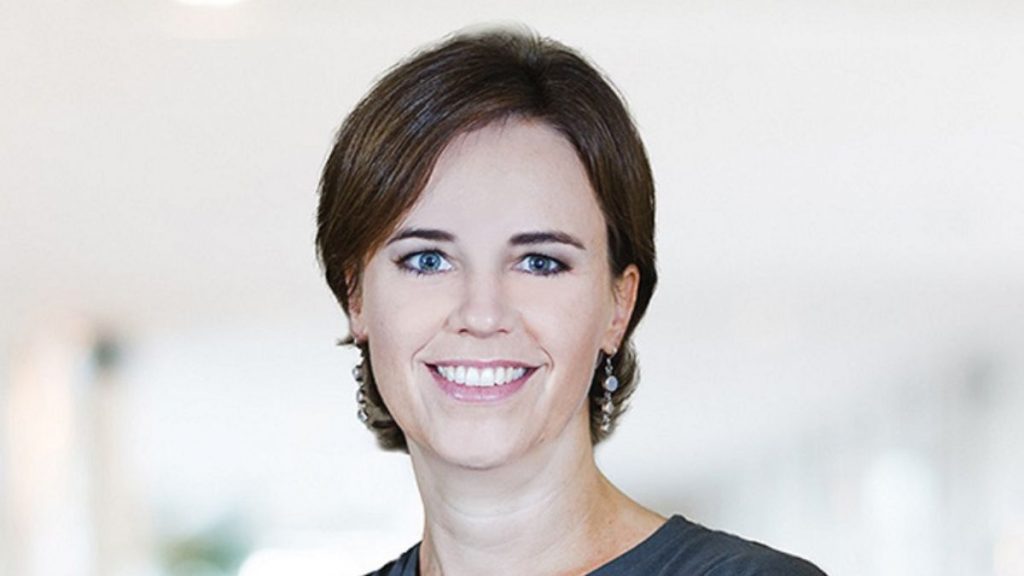We all have them. Those apps we open without thinking. Not because we need anything in particular, but because they feel… safe, in some…
Harnessing data for financial inclusion: Mukuru’s top insights

The modern world has moved towards digitisation, yet a significant gap remains in terms of financial and economic inclusion, particularly in Africa. Despite this, there is a substantial opportunity to harness the power of data to bridge this gap and further the cause of economic and financial inclusion.
“The FinMark Trust 2022 report reveals that despite strides in digital financial services, many workers are still paid in cash, community merchants rarely accept digital payments, and access to banking or ATM facilities is often limited and costly,” says Sandy Rheeder, CIO at Mukuru. “These factors are a stark reminder of the disconnect that remains between the formal economy and large sections of the population.”
“This disconnect is amplified by several barriers to formalisation,” Rheeder continues.
“For instance, merchants are often apprehensive about the administrative burden digital registration poses, the need to close their business temporarily to register, and the cash flow gap that digital settlement imposes on a business. Providing the correct documentation may also be a challenge, for example, many informal community merchants struggle to provide traditional proof of residence documents.”
Insight-driven decisions
Fintechs are in a strong position to leverage data and analytics to provide a solution tailored to these challenges. This is especially critical in markets across Africa where there is still a prevalence of cash transactions. The gap must, therefore, be bridged across cash and digital economies.
“For example,” Rheeder emphasises, “Mukuru uses WhatsApp, a platform many of its customers are already using to communicate, for engagement. The company uses its business intelligence and analytics departments to track product uptake and understand potential issues. This approach was used in Botswana when the company launched self-sign-ups on WhatsApp. Mukuru then analysed the number of people who signed up but didn’t transact to understand some of the reasons behind this.”
“Fintechs rely heavily on data capturing to allow for detailed per-customer level analysis,” Rheeder adds. “This data must be continually updated and enhanced through logs on customer channels, surveys, and soft data points.
“A dedicated customer journey department can work with the company’s contact centre to understand the impact of different campaigns and glean fresh insights from customers. Market surveys are also conducted to understand perceptions of the fintech brand in specific countries and see if these align with customer views.”
“For Mukuru, a key aspect of our data strategy is to create a digital financial profile for all customers, even those who operate with cash,” Rheeder highlights.
“The insights gained from this data can help anticipate customer needs and inform the development of new products, like insurance.”
When the Covid-19 pandemic hit, Mukuru worked with Finmark Trust to identify a segment of its remittance customer base that stopped sending small amounts of money home due to unemployment. Most migrants are informally employed, and were the first sector impacted by the pandemic in terms of job losses.
Analysis allowed Mukuru to identify who the recipients of those funds were.
Through funding provided via the FCDO, Mukuru was able to send funds directly to those migrants identified via the depth of information (data) on the customers – segregated into the most vulnerable and those that were no longer sending money to their loved ones. At the end of the programme, the data then supported a qualitative study with the recipients to understand the nature of the expenses they funded via this grant.
‘Delivering for the community’
A key component of Mukurus’s data-driven strategy is not only understanding the broader macro-trends but also having a detailed view of specific community characteristics and individual behaviours. Using data analytics tools and comprehensive survey data provided by partners like FinMark Trust, payment providers can segment and analyse data to develop more tailored and efficient financial solutions.
“Solving the challenges towards true financial inclusivity will not happen overnight,” Rheeder concludes. “But by using data, technology, and understanding the needs of those most affected by financial exclusion, payment providers can create a future where access to financial services can be enjoyed by all.”
In the quest for financial and economic inclusion, data emerges as the cornerstone for building a more inclusive and accessible financial landscape. With innovative approaches like those undertaken by Mukuru, the gap between the formal economy and underserved communities can be bridged, ultimately fostering economic growth and prosperity across the African continent.
READ NEXT: MTN Xlerator to boost local supply chains for growth

